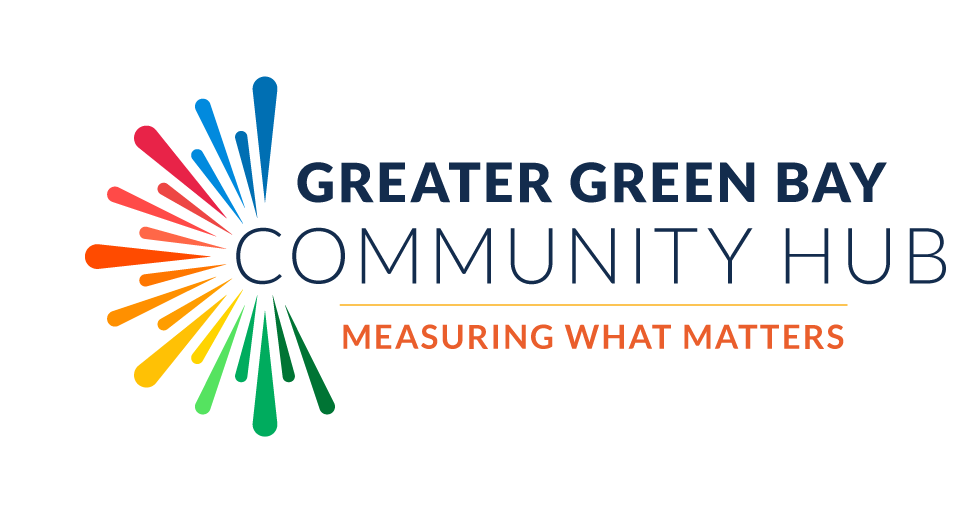Promising Practices
The Promising Practices database informs professionals and community members about documented approaches to improving community health and quality of life.
The ultimate goal is to support the systematic adoption, implementation, and evaluation of successful programs, practices, and policy changes. The database provides carefully reviewed, documented, and ranked practices that range from good ideas to evidence-based practices.
Learn more about the ranking methodology.
Filed under Evidence-Based Practice, Community / Public Safety, Older Adults
Goal: The Pennsylvania Department of Aging offers this fall risk screening and prevention program to adults 50 years of age and older. The program is designed to raise awareness of falls, introduce steps on how to reduce falls, improve overall health, and provide referrals and resources.
Filed under Evidence-Based Practice, Health / Children's Health, Children, Families, Urban
Goal: Improve early identification of concerns and initiate interventions to improve the health, development and emotional wellness of children, newborn to age three.
Impact: HSFYC parents were less likely to use severe discipline (OR: 0.68) and more likely to negotiate with their child (OR: 1.20). HSFYC parents had greater odds of reporting a clinical or borderline concern regarding their child's behavior (OR: 1.35).
Filed under Evidence-Based Practice, Health / Heart Disease & Stroke
Impact: The Community Preventive Services Task Force (CPSTF) recommends the use of interactive digital interventions to improve blood pressure control in patients with high blood pressure.
Filed under Evidence-Based Practice, Health / Heart Disease & Stroke
Filed under Evidence-Based Practice, Health / Heart Disease & Stroke
Impact: The Community Preventive Services Task Force (CPSTF) recommends self-measured blood pressure monitoring interventions combined with additional support to improve blood pressure outcomes in patients with high blood pressure. Additional support may include patient counseling, education, or web-based support. Economic evidence indicates that self-measured blood pressure monitoring interventions are cost-effective when they are used with additional support or within team-based care.
Filed under Evidence-Based Practice, Health / Heart Disease & Stroke
Impact: The Community Preventive Services Task Force (CPSTF) recommends tailored pharmacy-based adherence interventions for cardiovascular disease prevention. Evidence shows interventions delivered by pharmacists in community and health system pharmacies increased the proportion of patients who reported taking medications as prescribed. The CPSTF also finds these interventions are cost-effective for cardiovascular disease prevention.
Filed under Evidence-Based Practice, Health / Immunizations & Infectious Diseases, Adults
Goal: HIV Big Deal seeks to promote safer sex practices among men who have sex with men via internet-based video drama.
Filed under Evidence-Based Practice, Education / Childcare & Early Childhood Education, Children, Families
Goal: HIPPY programs empower parents as primary educators of their children in the home and foster parent involvement in school and community life to maximize the chances of successful early school experiences.
Impact: Through 20 years of research, the HIPPY model has proven to be effective in improving school readiness, parent involvement in students' academic lives, school attendance, classroom behavior, and overall academic performance.
Home-Delivered Meals Postdischarge From Heart Failure Hospitalization (GOURMET-HF) (Columbia University Medical Center, the Ann Arbor Veterans Affairs Health System, and the University of Michigan Health System)
Filed under Evidence-Based Practice, Health / Heart Disease & Stroke, Adults, Women, Men, Older Adults
Goal: The goals of GOURMET-HF are to assess the safety of the intervention, including effects on cardiac biomarkers and rehospitalization burden.
Impact: Home-delivered DASH/SRD after HF hospitalization appear safe in selected patients and had favorable effects on HF clinical status and 30-day readmissions. The GOURMET-HF pilot study suggests that postdischarge nutritional support has the potential to improve HF symptoms and reduce readmissions
Filed under Evidence-Based Practice, Community / Public Safety, Older Adults
Goal: The mission of the program is to shape the evolving health system by developing and spreading high-value models of community-based care and self-management for diverse populations with chronic conditions.
